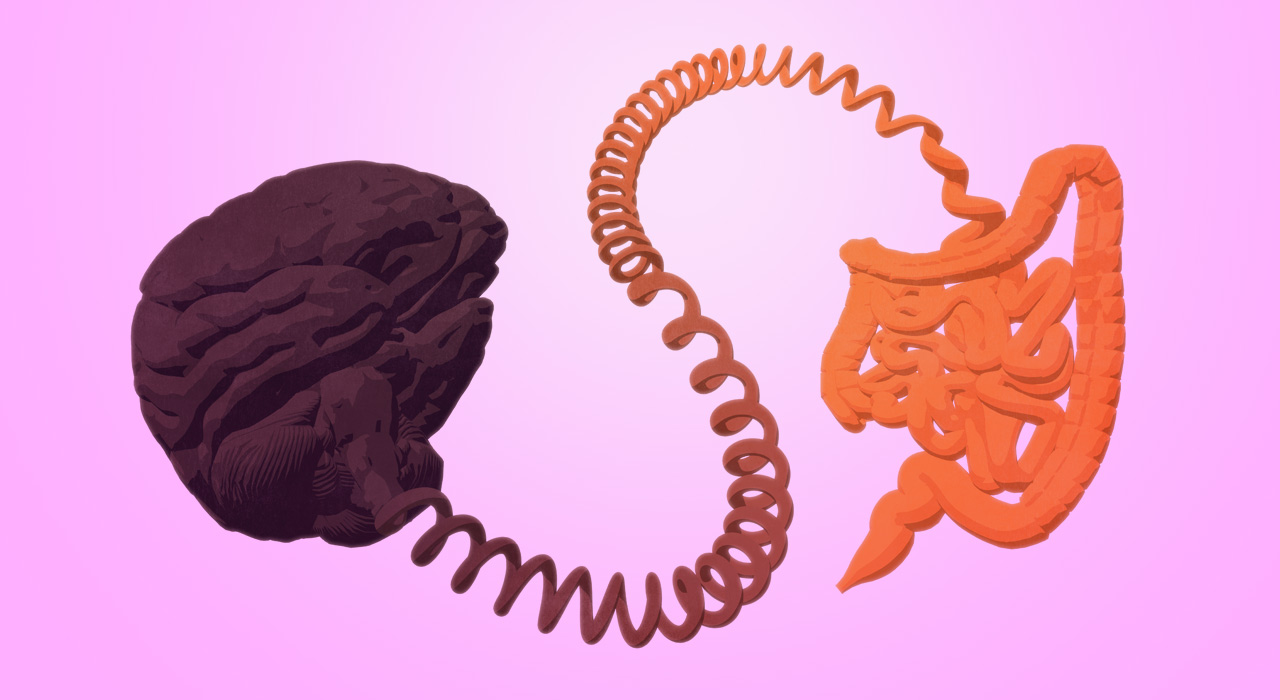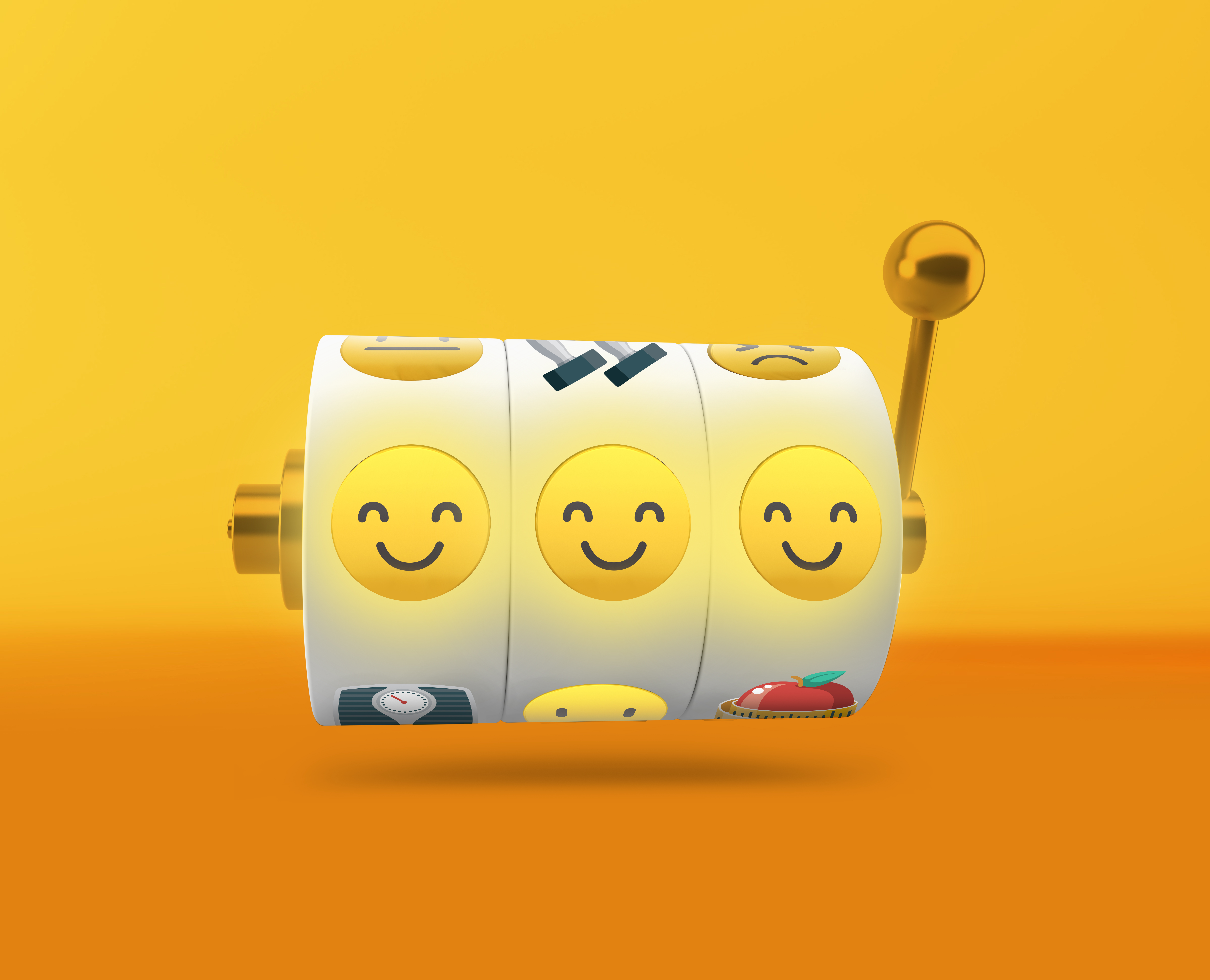Health
Should You Really Trust Your Gut Instinct?
Did you know that your brain and your digestive system develop from the same blob of embryonic tissue during fetal development?
The fetal tissue divides and one piece grows into your central nervous system (CNS), which is your brain and spinal cord, and one grows into your enteric nervous system (ENS). The ENS lines the gastrointestinal system (stomach, small intestine, and large intestine) and has been called our “second brain.” The ENS has the same number of neurons as our spinal cord.
This explains why we often talk about our “gut feeling” when meeting someone for the first time or trusting our “gut instinct” when making a decision, or when we get that sinking feeling in our stomach when something goes wrong. This further explains why people with anxiety who don’t have any other identifiable digestive conditions (IBS, Chrohns disease, etc) may struggle with digestive issues such as bloating, constipation, heartburn, etc.
As mentioned above, research has shown an intimate connection between our brain and stomach, meaning intestinal or digestive distress can be a direct product of CNS anxiety, stress, and/or depression, partially because of the neurotransmitter serotonin. Imbalances in serotonin have been linked to anxiety, stress, and depression, and the majority of the body’s serotonin, between 80-90%, can be found in the gastrointestinal tract. Serotonin that is used inside the brain must be produced inside the gut!
– RELATED: Can Clutter Affect Your Health? –
Quite literally, the gut microbiota (bacteria) influences the body’s level of serotonin, which regulates feelings of happiness. Some of the most prescribed drugs in the U.S. for treating anxiety and depression, like Prozac, Zoloft, and Paxil, work by manipulating levels of serotonin, and serotonin is one of the heavy hitters in dictating our mood, behavior, appetite, digestion, sleep, etc.
Your stress level, mood, and diet will directly affect the most important parts of your life so if you struggle with stress, anxiety and or depression and don’t have any other identifiable digestive disorders consider getting help and finding ways to better manage your stress, anxiety, and depression and you may just find your digestive system begins to feel better too!
Want more like this? Sign up to the TRAIN for HER newsletter.





















